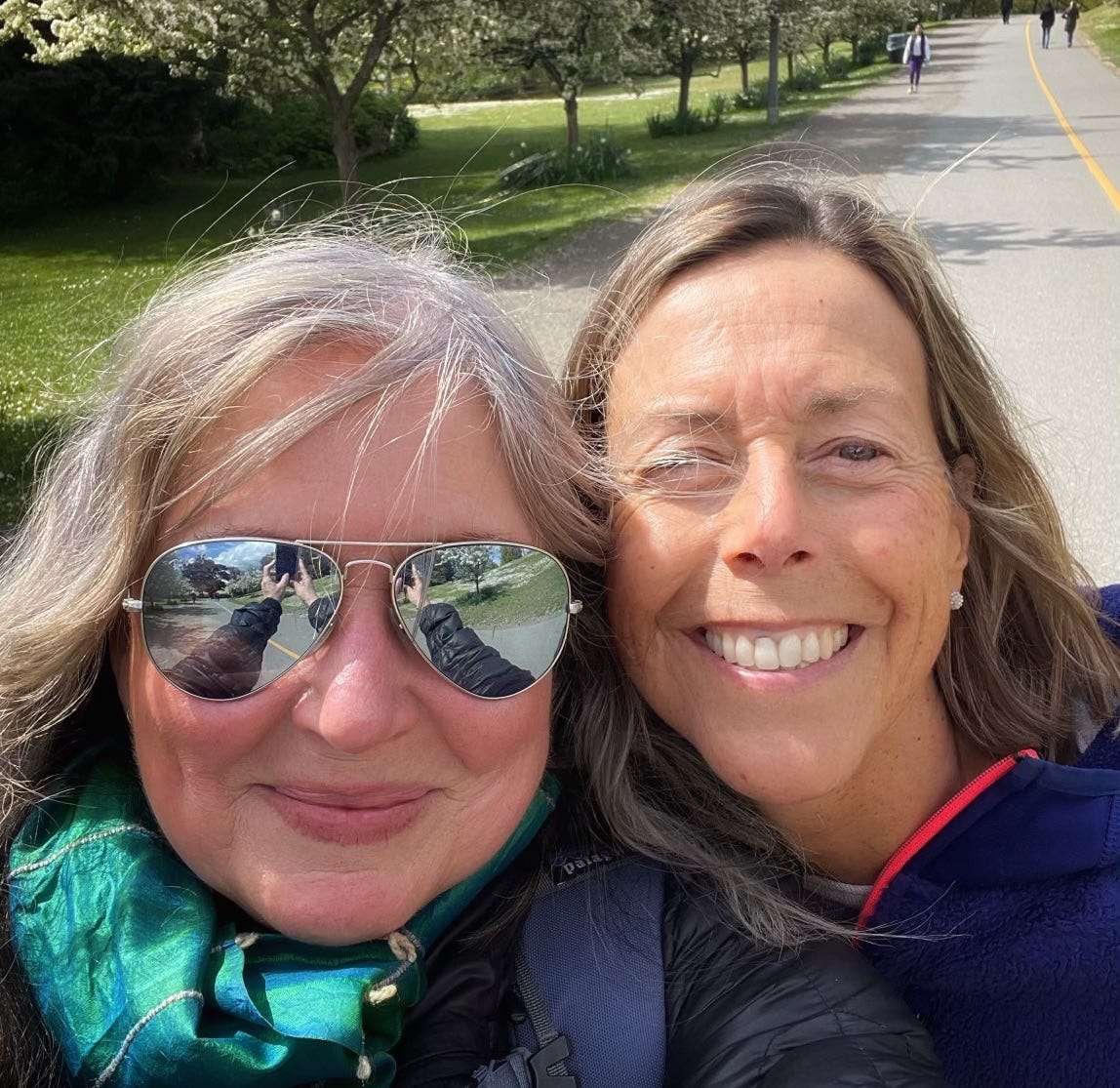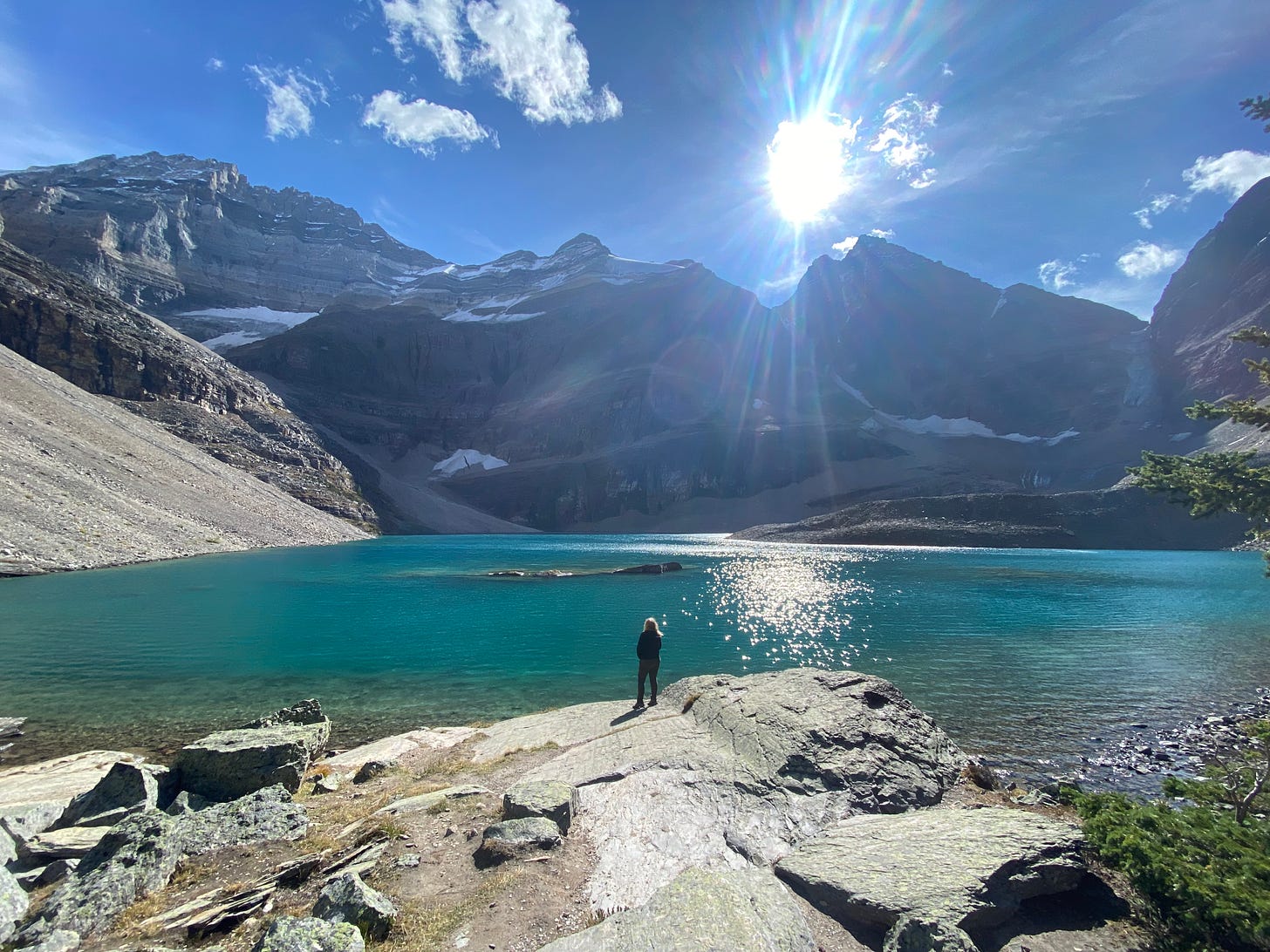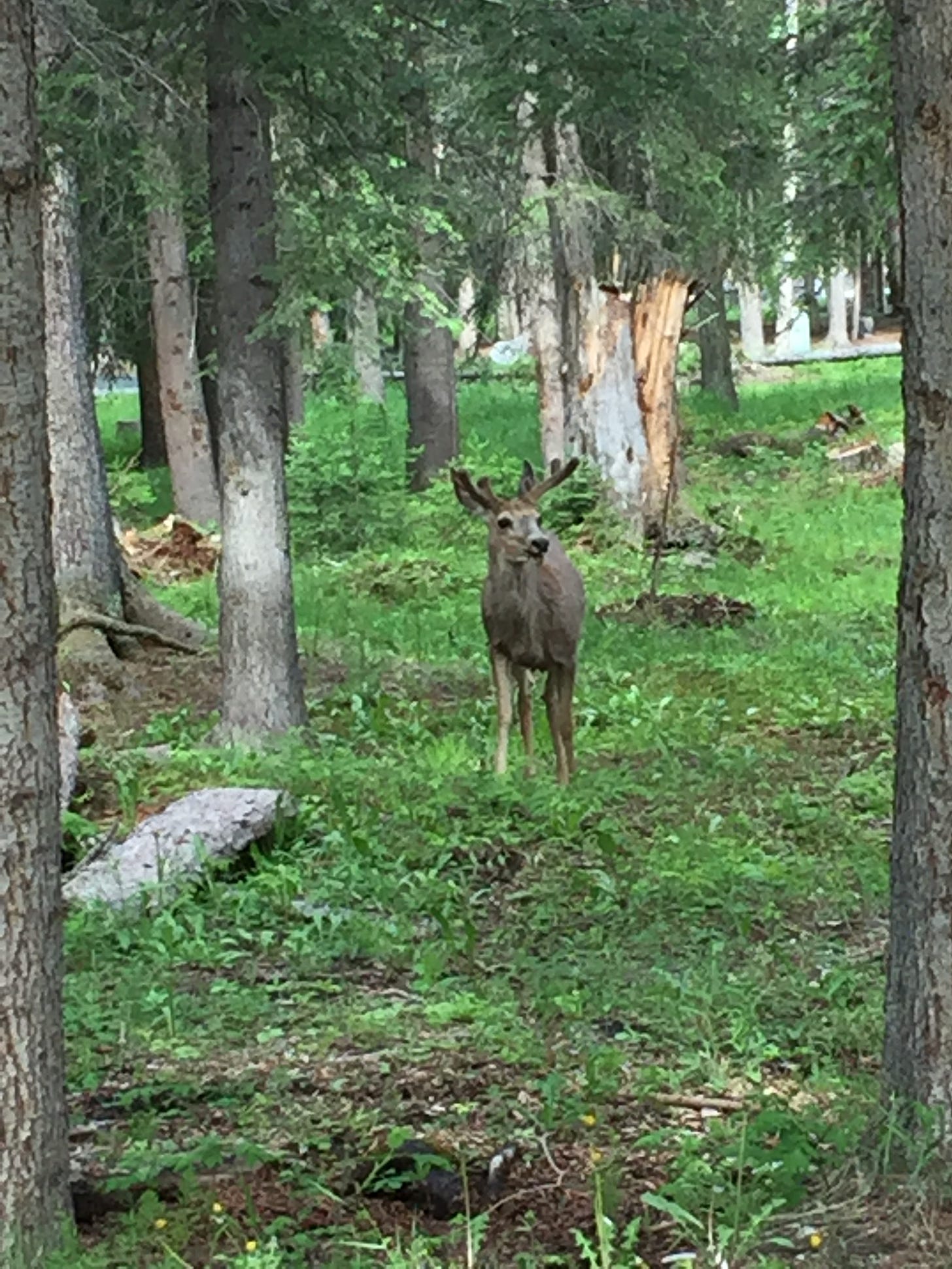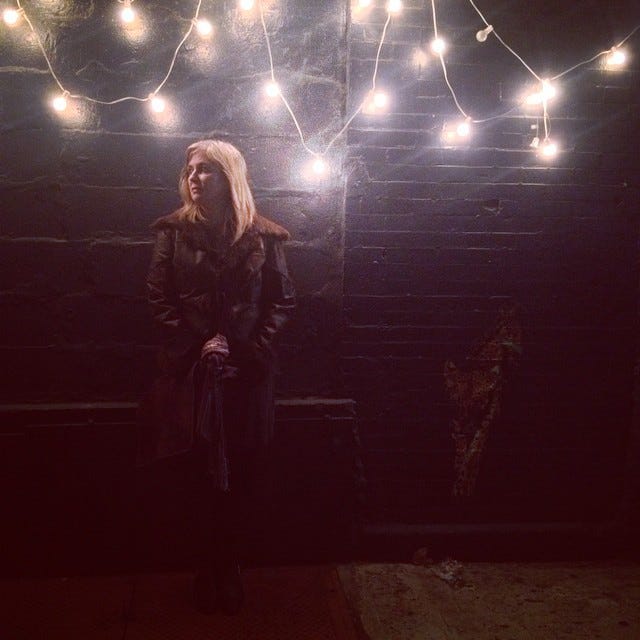Dear beautiful friends,
Check out the exquisite human in the sunglasses, above. Do you see what I see? An unbridled, love+lust for life, a wild aliveness, a warm earthiness, a delicious blend of mischief and wisdom. This is Sonya Lea, the friend I call Wild Woman, who also goes by writer, author, and (amazing) teacher.
I met Sonya over 25 years ago, in the Seattle recovery community, when we were shakey-kneed newborns in sobriety. Our friendship deepened through a shared love for writing, and a hunger for existential explorations. Despite our figurative and literal travels, life kept bringing us together for new adventures of the mind, body and spirit. (Thanks, life!)
Ten years ago I was in a dry creative spell and turned to Sonya for a kick start. She became an invaluable writing mentor. With her skill, guidance, and understanding (while also attending her classes, workshops and retreats), I started writing personal essays that led to a completed memoir manuscript.
Creating and exploring in the sunlight of Sonya’s spirit is 💥L I F E C H A N G I N G💥 (and fun).
Sonya is magic, and knows how to bring the coolest humans together and create alchemy. If you have a chance to be anywhere in her presence just do it for goodness’ sakes. In the meantime, after reading this Q&A, you can dive into her memoir, Wondering Who You Are, the story of her husband’s brain injury in which he wakes up from a botched surgery having forgotten his entire life. Watch how this woman takes on the Big Challenges by going all in, classic Sonya style.
Sonya also has a Writing in the Wild Retreat coming up this spring, in Banff. I’ve experienced this retreat, it changed my life, I made lifelong friends, joined a writing group, wrote a book, built community and had a great time.
Here’s a rich taste of life, beauty and writing through the eyes of my friend and sensor extraordinaire, Sonya.
Let the Q&A Begin!
Beauty Hunter: How would you define “Beauty”?
Sonya: I sometimes go to the meaning of things by studying their opposite. I've long been drawn to what we consider "ugly" included in Umberto Eco's work "On Ugliness." Beauty has been the subject of extended aesthetic research. It seems that philosophers and artists have forever been providing numerous definitions of beauty, especially projecting what they deem as beautiful for women.
In this way, I think that beauty is as much about convention, about holding humans to an agreement as to what beauty is. Ugliness has been relegated to marginal notes and referred to mostly in opposition to beauty, but if you read Eco’s book, I guarantee you'll see how magnetic, gorgeous, and provocative ugly is. You'd think that ugly might be the opposite of beauty, but it's also its own thing, associated with monsters, portents, death, liminal spaces, witchcraft, kitsch, camp, deformity, the comic, and the obscene.
In some respects, I think what we believe is beautiful might be symmetry, harmony, a sense of spaciousness. I live in what many consider one of the most beautiful places on earth, in Banff National Park in Canada, and I think this is a beautiful place because this kind of beauty is what the culture has decided is beauty, as it does in every age. I believe that the culture has made this agreement right now because of the (sometimes unconscious) noticing that we have diminished wilderness, that our ecosystems are in peril, and that we need to hold the possibility for ecological integrity in these spaces, that this protected wilderness sends a message about communal care. I think this need for beauty is especially true when railroad accidents and oil spills scar our land and climate crisis is made ever obvious.
How do you keep beauty alive in your life during especially challenging times?
I keep bringing beauty into its apparent opposite—into disfigurement, the sordid, the weak, the misfits, the monstrous, what's unpleasant, grotesque, crude, foul. I’m curious about how we might expand beauty if we embrace what’s often considered not beauty. Since I was 13, I've been having nightmares about the end of the world, and I can tell you there are a lot of unpleasant and arbitrary things happening in those sometimes prescient dreams. I try to take indecency and a bit of madness into my writing and my life—all of the ugly I can bear—and notice when it actually shines as beauty. It's a Thirteenth Fairy approach, befriend that which you might otherwise exclude.
I feel most beautiful during an erotic experience, making love, but also feeling my skin in the rain or sun, tasting something delicious on my tongue, holding my vulnerable, soft belly. It’s beautiful to be alive, every breath.
You do a lot of writing and teaching in the wild from your beautiful home in Banff. How does the Wild impact writing, and the experience of writing compared to the usual indoor environment?
I think this place has impact on the creative because we get to observe what ecological integrity might look like from inside our national parks.
Integrity meaning: the wisdom of science, but also Indigenous knowing. I feel a spaciousness here that I can’t locate in a city, which has so much human movement. And I am bound to reciprocity with these specific mountains, so I think there’s a sense of awe, but also intimacy that can come from knowing that all beings are part of this community. I’ve befriended more other-than-humans than humans since I’ve lived here in the past seven years, and I’m starting to write about this experience. When we override the capacity of our Parks to withstand human adoration of these beings, they suffer.
I have noticed that certain things come into awareness when we sit by a river and write, or when we write under these spectacular mountains. That’s not just beauty to me, or even being inspired, though it is those things. Here, there’s the sense of support from the writers in my community, and too, the support of the other-than-humans whose lives and interactions I depend upon. I offer up my writing life to that.
I’d like to hear your view on this, T, since you were at the first Banff writing retreat. How did the wilderness impact your writing?
I found a spot by the river where I met, and wrote about my wild inner bear, all swiping claws and ferocious beautiful untethered emotion. I brought this inner animal nature home and it lives on, for better and worse. Writing in the wild provided not only the supportive alchemy of the natural world, with all its surprises and delights, but a reminder that our body and mind systems can be in a space that exalts the senses while creating. And there’s the reciprocity of nature as a writing buddy. Nature wants us in it!
I mean, how great to be writing away, lift your head from a notebook and see this beautiful creature?
Beauty Hunter: I’ve known you for 25 years, and I’ve seen you go through some horrifically challenging times. Something particular to you is your gift, your talent your ROARING WILD YES at turning toward a situation that can send any of us into nervous breakdown mode, and going all in. No fear. As if you see something exquisite in the experience, no matter how “horrible.” How are you able to go heart-first into difficult situations?
Sonya: Ha, I’m hiding a bit of fear under tenaciousness. One of the gifts of childhood trauma for me has been the ability to process surprises and challenges fairly quickly. My body learned how to surrender in order to survive. And too, with my partner’s brain injury and loss of identity/history, I fell really deeply into nonduality. Which means not two. The sense that we’re not separate, any of us. But also, for me, there’s a consciousness that’s connecting all of this. I became less fearful of the potential impact this character Sonya might have on anything and moved toward letting the moment speak for itself.
In writing classes, retreats, and workshops you create such an open, welcoming, alchemical space for everyone, while also having the capacity to hold every kind of trauma experience people might bring to the table. You make it all OK, for everyone. It’s part of the Beauty of working with you. How do you do this?
Oh, thank you. That means so much to me. The sense that I get from the writers I work with is that I can be present with what’s happening for them as well as create an experience for the class to be there witnessing without caretaking. The space I create gives writers the authority and control and power they’ve always had. We talk about what confidentiality is before we begin. I use a boundaried set of guidelines for giving and receiving feedback.
I really love when people find their narrative and get a sense of how they want to approach a story. I’ve worked with women Veterans and active-duty military and it’s so powerful to see them get up in front of their community and tell how it really was for them. Witnessing someone’s story isn’t a small thing, it changes a body, and I try to make space for that to happen.
I love these words on the “about” page of your Wanderland newsletter on Substack: adventuresome, vagabond, carefree, nomadic, journeys. Tell us more about this new venture.
Wanderland is about wilderness, writing, and everyday feasts through the lens of a liberatory wanderlust. I started it last month, and my vision was to explore what wandering means to me, what I go looking for, and what I discover. I’m less interested in the ways that capitalism has informed wanderlust—wandering to consume places. I want to know about the wanderlands of the imagination. I want to write what I discover in everyday and extraordinary walks across this spectacular land. As well as write about the kinds of wandering we do when we’re confined by circumstances, illness, disability, or the desire to know one place intimately. People can read Wanderland for free.
You’re a true domestic artist and love to cook. What are your current favorite recipes?
I’m on a lemon kick lately because the winter can be a bit dull and long, you know? These lemon blueberry muffins are incredible. I buy Trader Joe’s lemon curd when I’m in Seattle, and it’s perfect for this recipe. I recently tried this Moroccan recipe from Gail Simmons, and it was terrific, with roasted lemons and olives and apricots!
Do you remember why I call you Wild Woman? I feel like you’re the person who put the now-popular word WILD—to describe a person’s everyday essence—on the map.
I do not. It’s as if Wild Woman always existed. Tell me.
I have a memory of you doing some kind of spirit work in nature and using the word “wild” and then it goes fuzzy. But as you said, just like wildness, Sonya as Wild Woman feels like an always-has-existed kind of thing.
What is a great reason to be alive today?
I think it’s tough to be alive in this particular moment. Post-pandemic, injustice everywhere, climate stressed, politically complicated, marginalized people without resources, or actively having their rights and bodies violated—this is a challenging time. There are a few reasons (at least) for me to be alive—to be there for descendants and others in my community, to transform some cruel systemic structures, to write a couple of books I’ve been thinking about, to love as much as I can before I die.
You have a Writing in the Wild retreat coming this spring, with Suzanne Morrison [my current fabulous writing coach]. What are you most excited about teaching it this year? And, What kind of person is this perfect for?
I’m really excited that we have some folks coming who are in the middle of their books, and others who are sorting out what they want to write about. No one has to know what’s going on in their work, or even to consider themselves a writer to be here and explore. It’s an intimate group, and everyone has a fire on for using this time to take their work to the next stage.
I’ve taught with Suzanne for years now, and we work really well together. We’re both writing fiction and nonfiction, and we have a sense of what a writer needs to move forward in their craft. It will also be a chance to grow that vulnerability muscle. Suzanne and I will share our experiences in keeping a discipline, structure, character, point of view, setting, and even some of the business side of writing. We’ll eat great food and take a plunge into the hot springs.
This retreat is perfect for people who want to be surrounded by harmony and beauty in nature, while also being supported by a community. I envision people finding in this community those who want the best for them and their words.
Like the bears coming out of hibernation, we’ll reawaken our connection to our work.
You can learn more about the Wild Writing Retreat in the Canadian Rockies here.
MORE ABOUT SONYA LEA:
Sonya Lea Sonya Lea is an American Canadian writer and writing mentor. Her first book, Wondering Who You Are (Tin House) was about her partner’s memory loss after cancer surgery and its impact on their relationship. It was a finalist for the Washington State Book Award, won a Seattle Arts Award and an international memoir award (Ireland.) Wondering has garnered praise in a number of publications including Oprah Magazine, People, and the BBC, who named it a “top ten book.” Her essays have appeared in Salon, The Southern Review, Brevity, Guernica, Ms. Magazine, Good Housekeeping, The Prentice Hall College Reader, The Los Angeles Review of Books, and more.
Lea's work is based on identity and memory. Her investigation of a 1936 legal lynching in Owensboro, Kentucky, where she was born led to her essay collection, Bloodlines: Essays On Lynch Culture, where she interrogates ways of remembering and memorializing. She's currently writing a novel about intergenerational trauma.
Lea creates retreats and teaches writing in North America. She teaches at Hugo House in Seattle, online at Lidia Yuknavitch’s Corporeal Writing, and she developed a pilot project to teach writing to women veterans through the Red Badge Project. She is the recipient of two Canada Council Awards, and a grant from the Alberta Foundation for the Arts.
Originally from Kentucky, she lives in Banff in the Canadian Rockies, and sometimes in Seattle. here.







